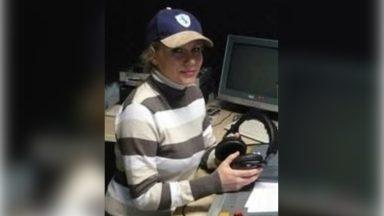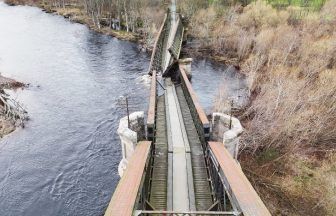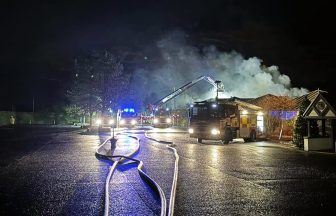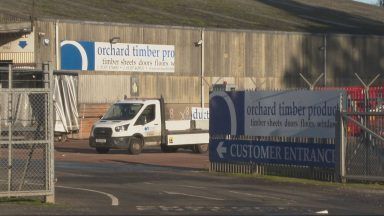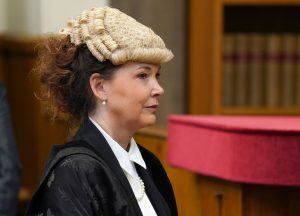Three men convicted of digging up corpses, a teenager who stole a 12-pound wheel of cheese and a woman held for “showing a porcupine” are among the prison records to be made available to the public for the first time.
John Kerr and accomplices James Barclay and George Cameron were sentenced to hard labour after being found guilty of “violating the sepulchres of the dead” relating to the exhumation of two adults and a child from Lasswade Kirkyard in 1829.
The trio of “resurrection men” were jailed just a month after William Burke was hanged for his part in the infamous Burke and Hare murders.
Details of their incarceration from Edinburgh’s notorious Bridewell jail, which sat on the site of what is now St Andrew’s House at the top of Regent Road, are among hundreds to be published online by the National Records of Scotland for the first time.
Kerr, who was 34 at the time, was given a nine-month sentence, while Barclay, 39, and Cameron, 40, were handed six months each.
They would likely have intended to sell the corpses for medical research purposes in the capital – which had become a global centre for anatomical science in the early 19th century.
The records collectively cover a period of more than 50 years from 1798 to 1853 with Bridewell the largest, spanning 40 years and 40,000 entries.
Other indexes include those from Bridewell’s sister jail, Calton, and Largs Prison in Ayrshire.
Crimes range from the minor, including a 17-year-old held for stealing a turnip, to the bizarre, such as the 23-year-old who spent a day in Calton jail for “annoying his mother”.
A 15-year-old boy, Thomas Gegg, also spent time at the jail for his theft of a wheel of gouda in 1841.
His sentence is not listed, but another boy, Christopher Baxter, was jailed 60 days for the theft of two apples a year earlier.
Children as young as 12 were jailed for minor thefts and “playing games to the annoyance of the public”.
And in 1822, Grifina Viniere, spent eight days at Bridewell for a crime listed as “begging and showing a porcupine”.
Archivist Stefanie Dempster, said: “These remarkable records are a fantastic resource for social researchers and those researching their own family tree.
“Alongside many petty thefts and incidents of drunken behaviour, we see crimes that were of their time, like snatching corpses from graveyards to sell to surgeons teaching anatomy.
“The harsh lives lived by many are clear from cases like that of a woman who had requested the magistrate send her to prison with the records stating the reason – being lame.
“These records offer a glimpse at the grittier side of life in early 19th century Scotland.”
The records can be accessed via the ScotlandsPeople website.
Follow STV News on WhatsApp
Scan the QR code on your mobile device for all the latest news from around the country


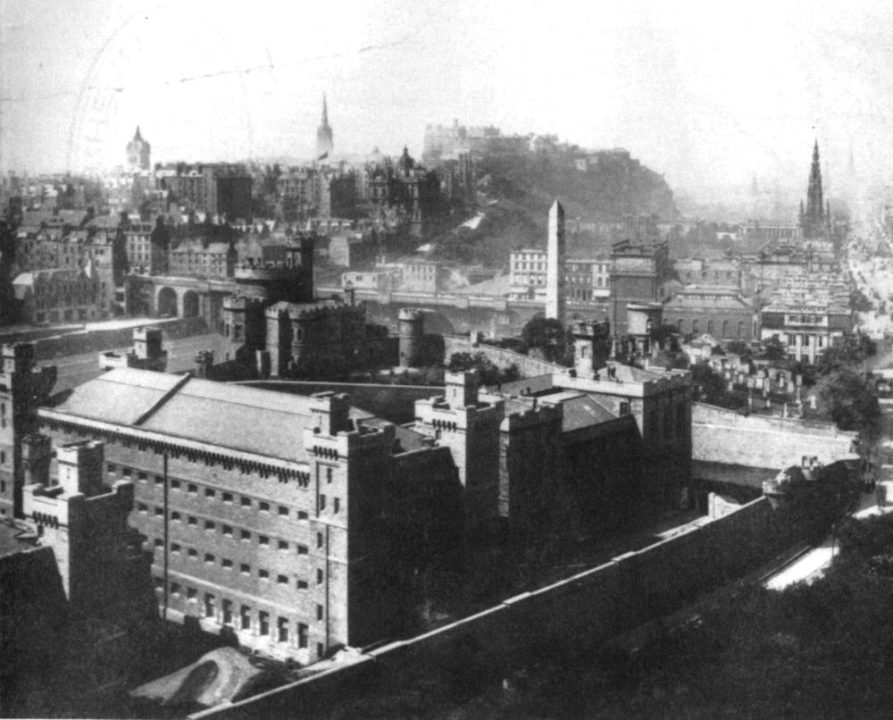 Scottish Prison Service
Scottish Prison Service

